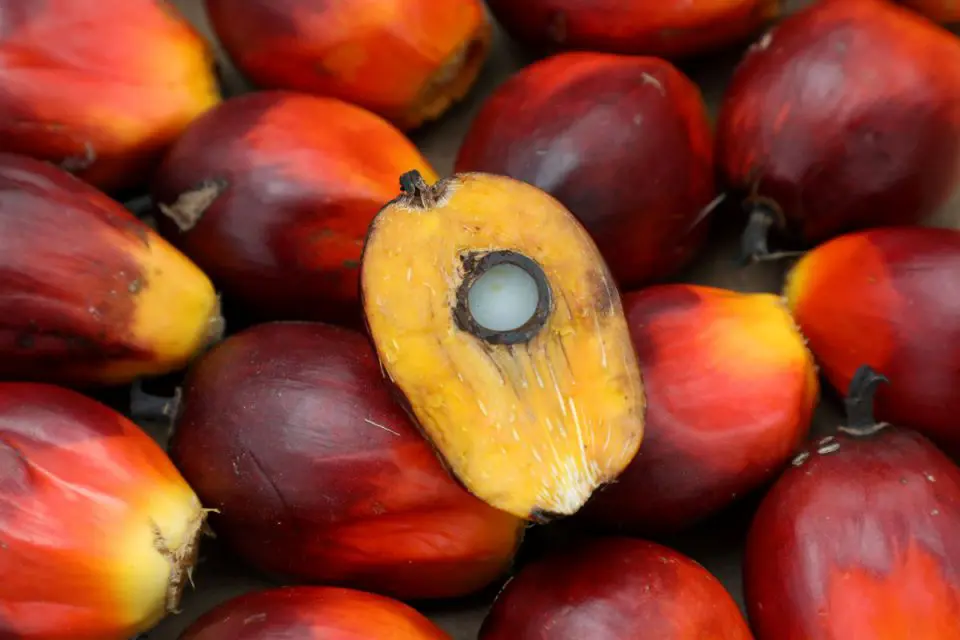KUALA LUMPUR, Dec 18 — Southeast Asia needs to gather the region’s top leadership and push the agenda towards a more global solution pertaining to palm oil issues that involve standard certification, while helping to diminish the discrimination against the commodity in the European Union (EU), said Dr Isabelle Tsakok, an economist and consultant in agriculture and rural development.
“You want their market, and they want your market…so you should sit down and talk.
“You need to convey the message that the palm oil industry is, among others, supportive of greenhouse emission reduction and is moving towards a sustainable supply chain,” she said during the fourth and last day of Future-Proofed Palm Oil (FPPO) 2020 International Summit and Exhibition.
At the same time, she said it is also essential for the leadership in governments to promote higher productivity and inclusive growth all along the chain as currently the industry is still not environmentally and socially sustainable.
This is particularly so among the smallholders and small enterprises, the former staff and consultant of the World Bank said.
Echoing Tsakok, Director of ITS Global (Policy) Khalil Manaf Hegarty believed that constant government and industry engagements are absolutely vital for palm oil producing countries especially the world top producers – Indonesia and Malaysia – to emphasise especially on sustainability and standards.
“Every government to government meeting and every business to government forum should be utilised and suppliers and purchasers absolutely need to be on the same page in terms of positioning, that is, (acclaiming) palm oil as a sustainable commodity and the certification systems as meeting sustainability requirements,” he said.
Hegarty said that the Asean region is a growing market that the EU is keen on penetrating.
“The EU exporters are seeking new markers, particularly post-Covid-19 as the demand in the EU stays flat.
“They want to finalise the Indonesia agreement but see an Asean-EU agreement as a major prize. The Southeast Asia governments have leverage,” he said.
Meanwhile, IOI Corp Bhd group head of sustainability Dr Surina Ismail said that there is a need for a globally-accepted certified sustainable palm oil (CSPO) to mitigate the negative consequences.
“But one certification scheme may not be practicable due to differences in regional practices and regulations, land development laws, varied landscapes and cultural practices.
“For a globally-accepted CSPO to be credible, it must be independently verifiable and address the stakeholders’ concerns,” she said.
Tsakok on the other hand voiced concerns on inadequate demand for the CSPO.
She said that about 20 per cent of global palm oil is certified, but only half of that is sold as certified as the majority of consumers are not willing to pay premium for CSPO.
“Indonesia and Malaysia consider the EU RED II directive discriminatory, protectionist and an act of trade war. Yet, the EU accounts for less than 20 per cent of their exports, while the bigger markets of India, Pakistan and China do not insist on certification”.
On crude palm oil (CPO) price, IcebergX Sdn Bhd proprietary trader David Ng said the lower stockpile would continue to drive the commodity prices higher.
“Given the weak demand and seasonally weaker output, stock will likely stay below 1.6 million tonnes. The whole year production will likely come in at 19.2 million tonnes which would be three per cent lower than the previous year, supporting the recent price rally,” he said.
October, November and December 2020 represent the strong period for the CPO price performance while March, April and May are the weak months for the past 10 years.
Ng said that China and India will continue to be big buyers in the palm oil market for December, the major reason is attributed to seasonal purchases ahead of the reimposition of export tax in Malaysia in January 2021.
FPPO 2020 is a four-day event that began on December 14. It is aimed at addressing palm oil-related issues and recommending solutions through discussions on markets, policies, strategies, technologies, and innovations.
— Bernama





